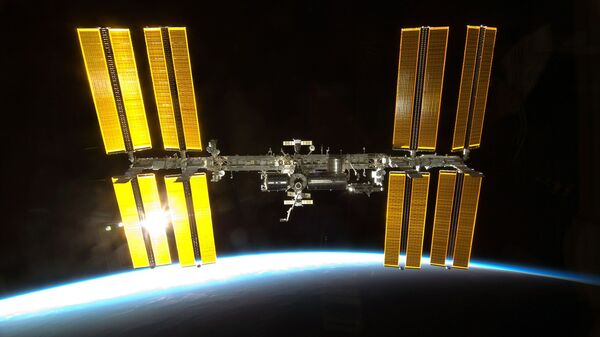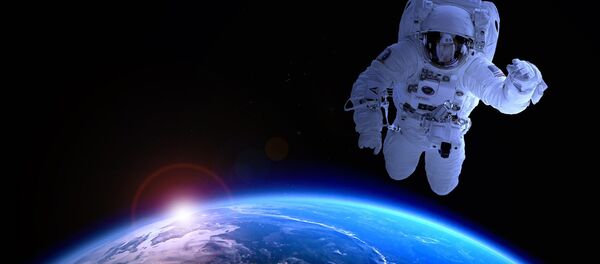Approximately a quarter of the cargo aboard the commercial space company Orbital ATK's Antares rocket will be used for the E.coli AntiMicrobial Satellite (EcAMSat) mission. The purpose of this mission is to test how microgravity affects the antibiotic resistance of E.coli, the common bacteria that often infects humans through contaminated food, causing diarrhea, vomiting and urinary tract infections.
Scientists are interested in determining whether E.coli's antibiotic resistance properties change in space, where the lack of gravity has been shown to decrease human immunity. Recent experiments on board the International Space Station (ISS) have already shown that bacteria "shapeshifts" itself against antibiotics in space, developing antibiotic resistance quicker than on Earth.
"Antibiotic resistance could pose a danger to astronauts, especially since microgravity has been shown to weaken human immune response," NASA wrote in a statement Friday.
"The experiment will expose two strains of E.coli, one with a resistance gene, the other without, to three different doses of antibiotics, then examine the viability of each group. Results from this investigation could contribute to determining appropriate antibiotic dosages to protect astronaut health during long-duration human spaceflight and help us understand how antibiotic effectiveness may change as a function of stress on Earth," the statement added.
The cargo also includes equipment to test compact laser-based communications that fit in small aircraft in order to test the functionality of the technology and determine how communication speeds with space and Earth are affected.
"Traditional laser communication systems use transmitters that are far too large for small spacecraft. The Optical Communication Sensor Demonstration (OCSD) tests the functionality of laser-based communications using CubeSats that provide a compact version of the technology," NASA wrote in the Friday statement.
"Results from OCSD could lead to significantly enhanced communication speeds between space and Earth and a better understanding of laser communication between small satellites in low-Earth orbit," the statement added.
With Thanksgiving and Christmas around the corner, the cargo also includes pizza and ice cream for the six astronauts on board. Even though ISS astronauts usually eat dry or freeze-dried food like crackers and dehydrated mashed potatoes, this time the spacecraft includes a "cool box" with fresh fruits and vegetables. ISS
Deputy Program Manager Dan Hartman also said that the cargo includes Christmas gifts.



